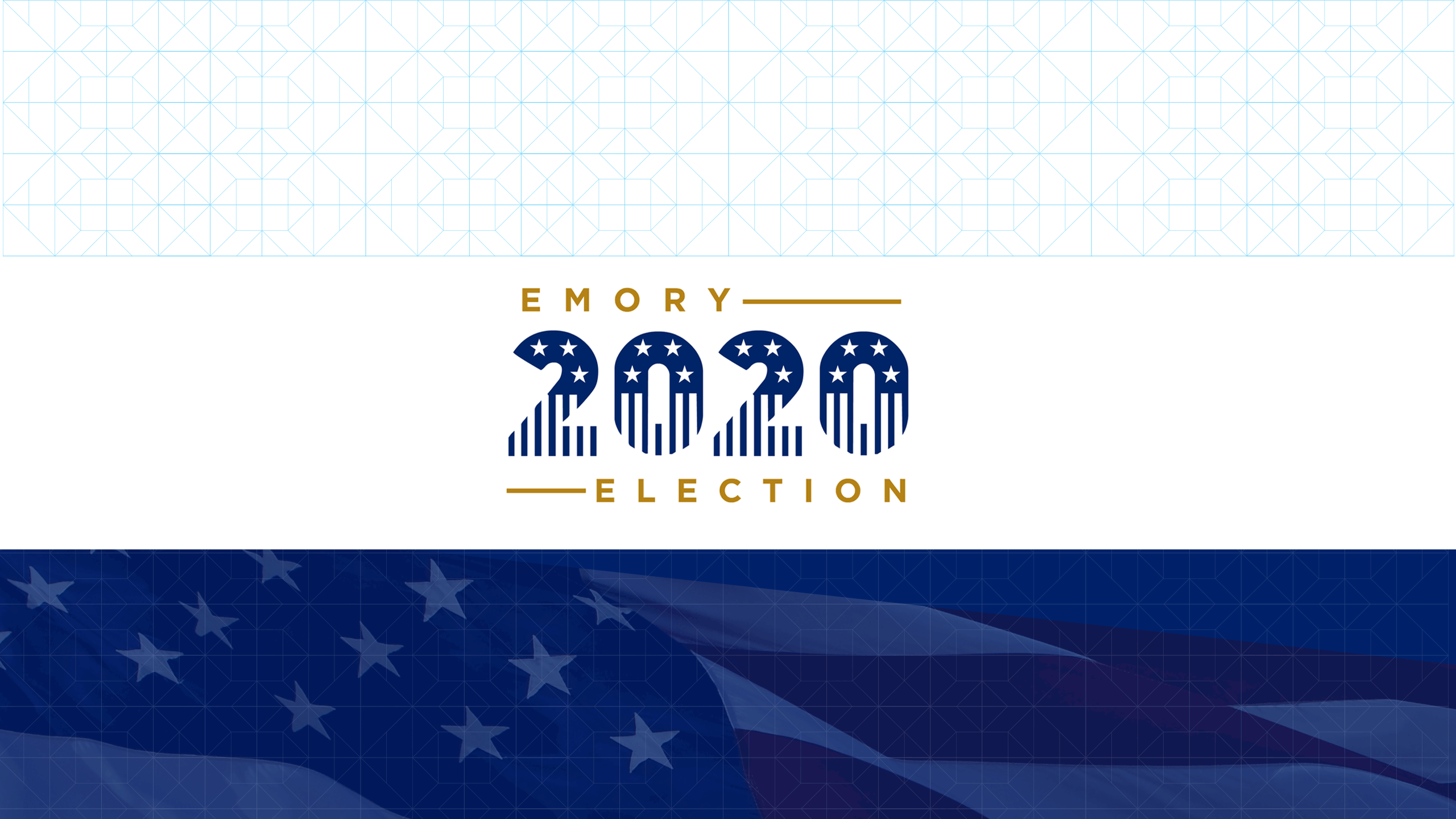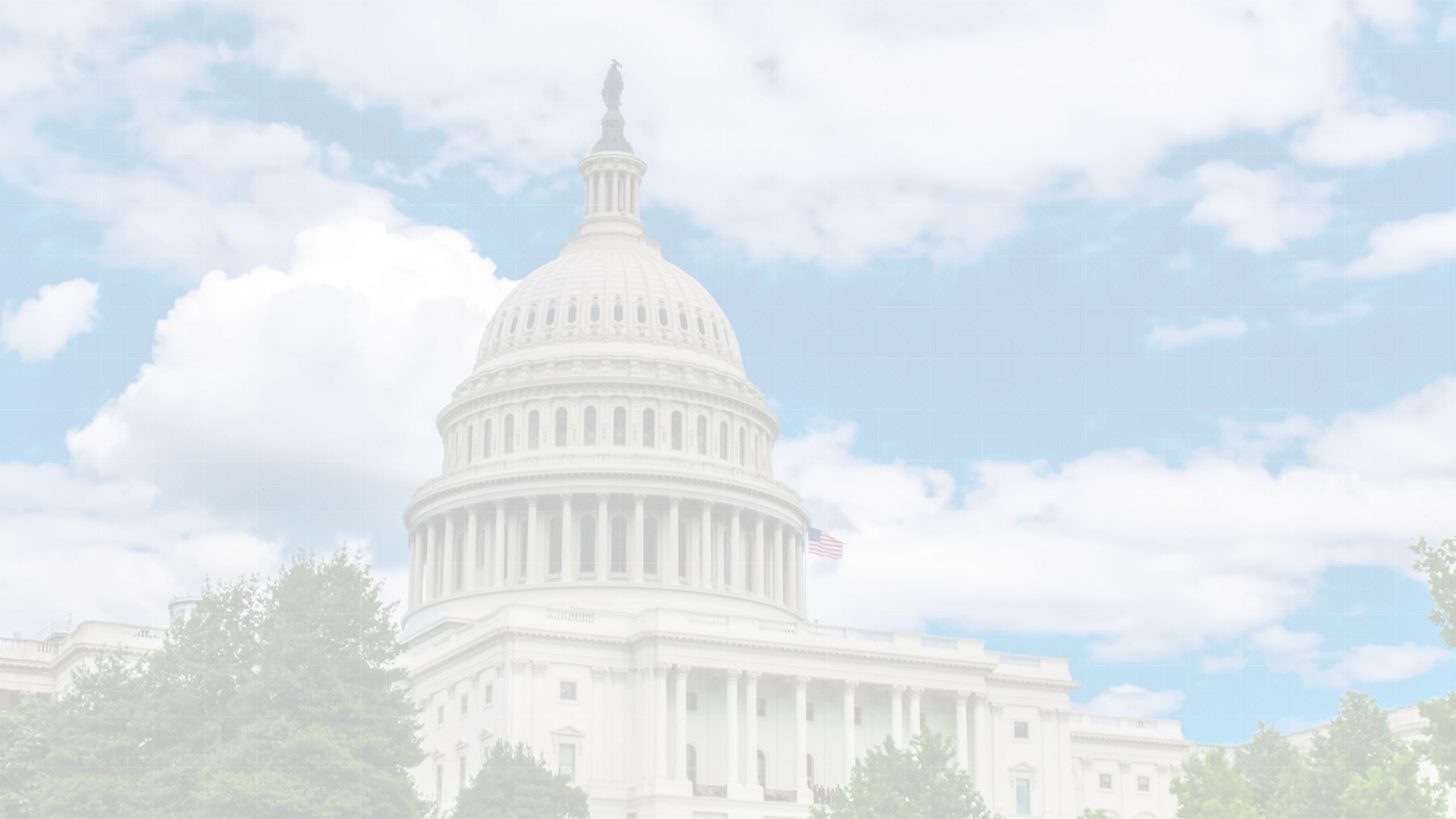

DAVID SCHWEIDEL, professor of marketing, Emory University’s Goizueta Business School
During the COVID-19 pandemic, consumers are spending more time on digital platforms than watching television, so political campaigns are simply “following the eyeballs,” David Schweidel says.
“When we think about the rallies and the events that candidates hold, the debates to rooms full of people … that ability to gather people has been lost this year, the ability to have the ground game, to have retail politics, if you will. That’s where the digital platforms potentially can play a major role.”
But if the purpose of any political campaign is to persuade voters, Schweidel says digital campaign strategies can still be boiled down to basic marketing principles: identifying audience segments; determining what matters to consumers (voters, in this case); crafting a message to produce an outcome — voting or donating to a campaign — and deciding when and where to share it.

David Schweidel, professor of marketing at Emory University's Goizueta Business School, discusses the pros and cons of digital campaign ads.

When campaigns have to rely more on digital platforms, because of the sheer volume of data they also have an ability to microtarget specific messages to different audiences, he says. “It’s a more effective way of reaching that consumer — easier to measure and assess if it’s working,” he says.
The downside? With targeted messaging on social media, voters tend to see only advertising that resonates with their own worldview. “The algorithms will reinforce those existing beliefs,” he acknowledges. “There’s not going to be a lot of cross-pollination of alternative viewpoints.”
That’s a result of both consumer targeting and the way platforms are designed, which is to hold our interest with content that engages us and that we agree with. In that way, “it really does reinforce those (political) echo chambers,” Schweidel says.
And while he credits platforms such as Facebook for moving toward more transparency and accountability in managing political advertising — recognizing faults, forming an advisory board, taking steps to address challenges — he doesn’t think the media giant has gone far enough.
Although Facebook has vowed to not accept U.S.-based paid political advertising the week preceding the Nov. 3 election and for an indefinite period of time after the polls close, “everything leading up to that is open season,” Schweidel says. “They’re not doing enough to ensure information posted online is accurate.”
“Unfortunately, we can’t do fact-checking in real time,” he adds. “It’s a game of whack-a-mole — stop one post and another (platform) will be recycling the same message. And those messages travel very quickly.”
In the end, politicians, like marketers, are using what works. Over the years, Schweidel’s research has found that — as much as we may hate them — negative campaign ads prove effective in mobilizing voters, and he only expects to see them intensify in the final weeks of the presidential race.
David Schweidel is co-author of “Social Media Intelligence” (2014) and author of “Profiting from the Data Economy” (2015). Learn more about him here.




EMORY VOTES INITIATIVE

Every eligible member of the Emory community is strongly encouraged to make their voice heard by voting in the 2020 general election, no matter where they are learning and working this semester.
To help promote civic engagement, the Emory Votes Initiative (EVI) provides nonpartisan voter information and support for students, faculty and staff members.
Through the EVI website, voters can chart a path to the polls with resources such as TurboVote, which provides election information deadlines and reminders; learn about absentee and vote-by-mail options; and discover digital opportunities for community engagement.
EVI and the Emory Alumni Association are also hosting several opportunities to engage with Emory's election experts. Visit the EVI calendar or the Emory Alumni Association for more information about upcoming events, including an Oct. 29 last-minute analysis with professor Alan Abramowitz and Nov. 5 post-election analysis with professor Andra Gillespie.
To encourage all employees to exercise their right to vote, Emory’s Voting Policy allows up to four hours of paid time for the purpose of voting. Those four hours may be used for either early voting or voting on Nov. 3. Those who intend to use this paid time in order to vote should notify their supervisors in advance.

To learn more about faculty insights related to the 2020 presidential election, visit Emory Election 2020.

NEED TO KNOW MORE?
Please visit Emory University and Emory News Center.

